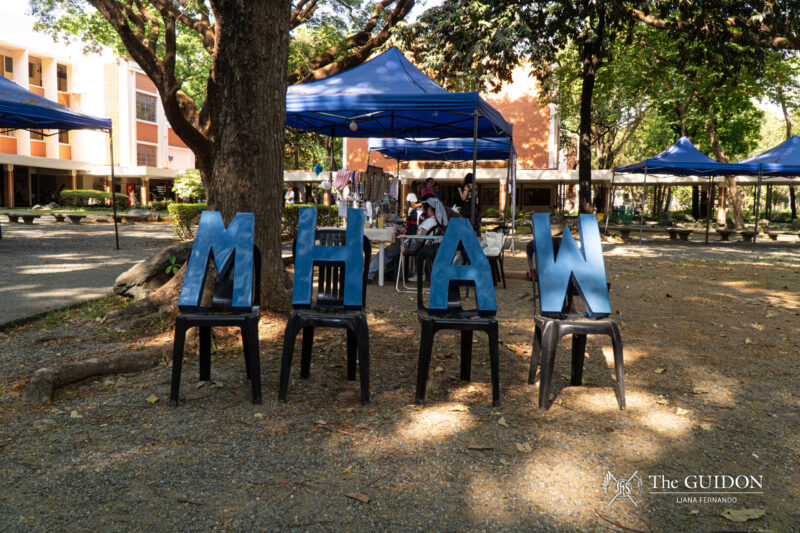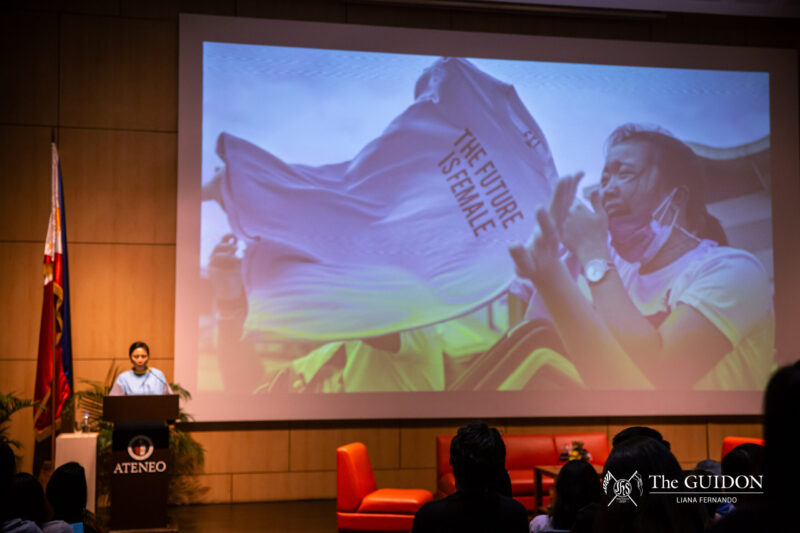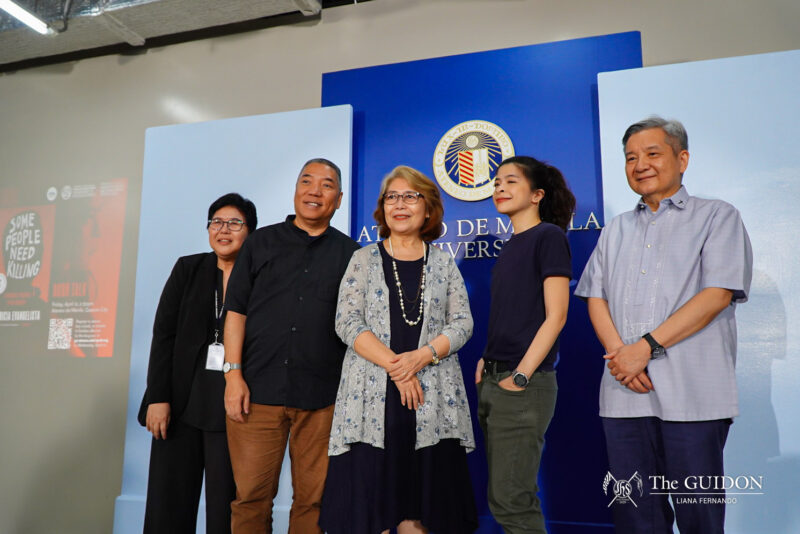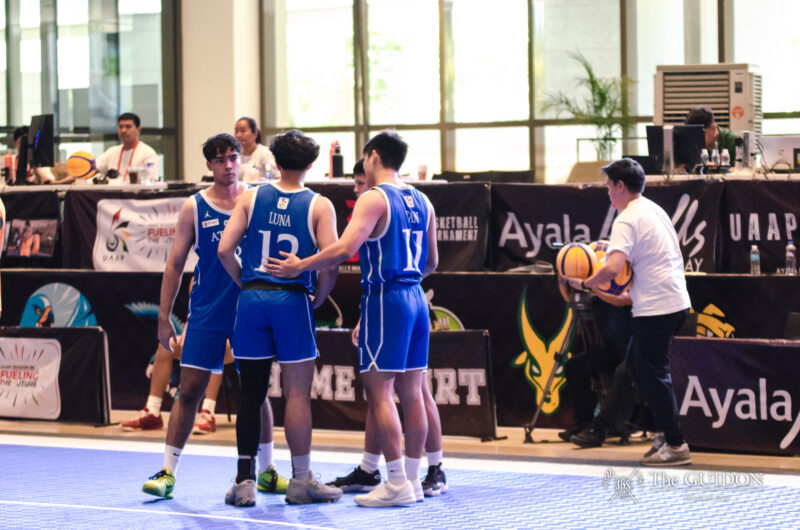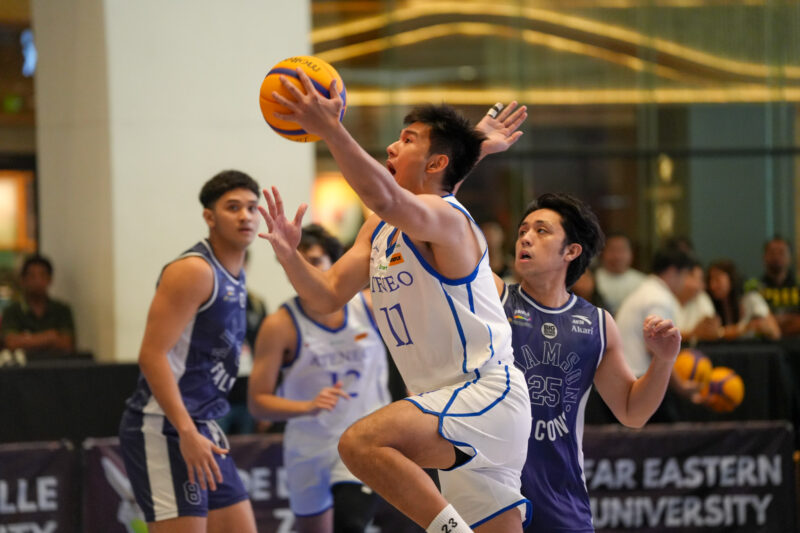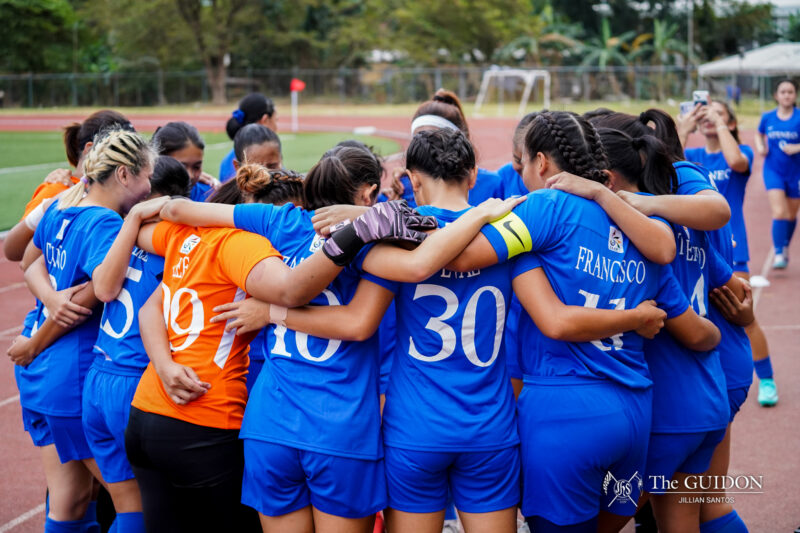IN LIGHT of the COVID-19 pandemic, the Loyola Schools (LS) administration decided to conduct classes online for the Intersession and First Semester periods of AY 2020- 2021. To aid the community’s transition to online learning, the University’s Online Learning Task Force launched a virtual campus called the Ateneo Blue Cloud (ABC) in May.
The ABC includes Canvas and Moodle, the Learning Management Systems (LMS) used to conduct classes during intersession. LS-One, a student services hub, was also created to assist students in navigating the virtual campus and their online classes.
Despite having the ABC in place, students and teachers faced difficulties in adapting to the new mode of learning during intersession. Some issues included struggling with synchronous classes due to internet problems and adjusting to the workload of asynchronous classes.
The virtual campus
According to Ateneo Institute for the Science and Art of Learning (SALT) Director Johnny Go, SJ, the ABC is not only a virtual campus, it is also the University’s philosophy of Jesuit-based online education.
“What would make [the Ateneo education] distinct from other kinds of online education? That’s where the whole discussion on the values emerged, since it’s very important for us. It’s not about technology; it’s about learning,” he explained.
Although the concept of a virtual campus was a recent development, Information Technology Resource Management Office (ITRMO) Director Sandra Francesca Lovenia said that LS was already using Moodle as an LMS prior to the pandemic. She explained that it was “inherited” from the Department of Information Systems and Computer Science—the first LS department that used Moodle as an LMS.
Lovenia also said that the administration has been planning to have a centralized LMS since last year because it would be more convenient to have everything in one online platform. However, the process was “fast-tracked” to accommodate the online transition. “We are in this journey, [and] we have thought of this journey before. It was just fast-tracked with challenges,” she said.
In an effort to improve the learning experience of students, Canvas was established as the primary LMS for the upcoming first semester. Go explained that Canvas was the “easiest to use” out of all the other options, and it was also well-received by other globally recognized universities such as Harvard University and Stanford University.
Challenges and limitations
Despite the initiatives taken to improve their online learning experience, the LS community still faced problems during intersession.
Lovenia said that some professors faced difficulties in maneuvering the interface of Moodle. This prompted instructors to resort to other LMS such as Google Classroom and even Facebook Groups, which made it difficult for students to access classroom materials from their different classes.
Lovenia explained that while Canvas has an easier interface to use, some technical issues still need to be ironed out. This includes syncing data from the Ateneo Integrated Student Information System to Canvas, as some students were unable to join their intersession classes since they were not listed as enrolled.
Students faced learning difficulties as well. Eva Gonzales (2 BS BIO) said that online classes entailed a heavier workload compared to face-to-face classes. She also had to compensate for the lack of applied work by focusing more on the lectures since her laboratory classes were moved to the second semester.
“Based on experience, having laboratory sessions alongside […] the lecture really helps in understanding the lessons better. With the lack of laboratory sessions, I just find materials online like YouTube videos to aid me in understanding the lessons better,” Gonzales said.
Andrea Avedillo (2 BS LM) also mentioned that some professors gave out PowerPoint presentations without holding formal lectures. Expecting their students to learn the material on their own, the professors would occasionally administer a quiz on the undiscussed topic.
Avedillo noted that the new learning methods were not efficient for her. “I don’t particularly learn well from watching videos and just reading PowerPoints; I prefer listening to someone talk about the topic or subject. Having classes through a call is hard, especially for [someone like] me who has a short attention span,” she said.
Building solutions
According to the Vice President for the Loyola Schools Maria Luz Vilches, PhD, the administration had already anticipated some of these problems. In response, the University administration held a meeting with students before intersession to discuss the LS-One services students can avail for their online learning experience.
For example, students who have connectivity issues can request for a flash drive containing the learning materials of their course. Additionally, borrowing a laptop or applying for an internet subsidy will also be made available to non-scholars.
Ateneo SALT also launched Adaptive Design for Learning (ADL), a project-based training course for instructors across Jesuit-run schools in the Philippines. 27 online coaches from these institutions, including Go, facilitated the course last May. Go explained that professors were tasked to design their subject courses for their students to ensure that their content was “bite-sized.”
“They’re supposed to design the courses for [students] as they’re going through the course. We wanted [ADL] to model what their courses should look like. There are certain principles. For example, don’t just dump content on the students,” Go said.
The Department of Information Systems and Computer Science also formed Tech Buddies, a partner system within the faculty where they can ask assistance from their respective Tech Buddies for any technical difficulties with the LMS. Associate Dean for Student Formation Leland Dela Cruz, PhD, also created a Facebook group called Loyola Schools Online Learning Community where students and faculty can share and discuss feedback regarding online learning.
Poised to help
Overall, Go said that receiving feedback from the faculty, the students, and their parents is the best way to address their difficulties during this transition.
“There’s a saying, ‘We’ll cross the bridge when we get there.’ The saying that we’ve been using this whole summer is, ‘We’re building the bridge as we cross it.’ There’s no bridge, and we’re building it together. We’re learning from one another,” Go noted.
Likewise, Vilches added that the administration is “poised to help the community,” but they are also continuously assessing the situation as time progresses.
“If people are asking, ‘Can you do this? Can you do that?’ We don’t know. This is a path that is not charted; we continue to assess things along the way as we move along,” Vilches said.


